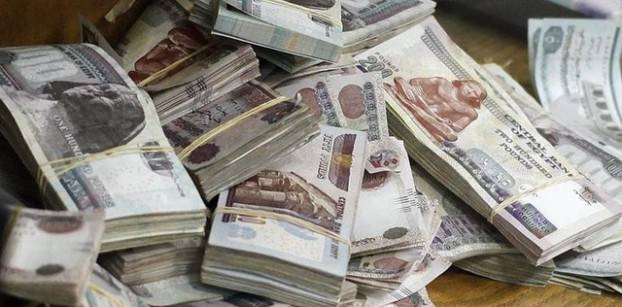Egyptian pound strengthens as dollar liquidity increases

Reuters photo
CAIRO, Nov 14 (Reuters) - The Egyptian pound strengthened slightly on Monday and importers reported increased dollar liquidity at banks days after the International Monetary Fund (IMF) approved a $12 billion loan the government hopes will jump-start the economy.
Banks were selling the pound at around 15.7 to the dollar and buying it at around 15.2 compared with a sell price of around 16 and a buy price of around 15 on Sunday.
Egypt floated the pound on Nov. 3 in a dramatic move welcomed by businesses as the key to unlocking investment.
It devalued the currency by about a third from the former peg of 8.8 against the dollar and allowed it to drift lower.
The pound initially fell to a rate of roughly 18 to the dollar, in line with prices quoted on the country's currency black market just days before the float.
The currency has been strengthening since last Wednesday, however, when IMF Managing Director Christine Lagarde said she would recommend the international lender approve Egypt's lending programme.
Monday's stronger pound rate is in line with reports that importers of strategic goods are increasingly able to source their dollar needs from banks.
One importer said he had been receiving his full currency requests on the same day, a dramatic improvement from the lengthy queues experienced before the float.
Moody's said in a report on Monday that increasing dollars sales to banks was credit positive "because it increases the availability of U.S. dollars to them, which, in turn, will help service their customers' need for foreign currency, allow the banks to improve their dollar liquidity and reduce their net foreign liability position."
Central Bank Governor Tarek Amer said this week Egypt's banks bought $1.4 billion in the first six trading days after the float.
While banks have been buying dollars to supply clients, a shortage of dollar liquidity in the banking system as a whole means interbank trading is off to a slow start.
Under the currency peg, dollar supplies were rationed by the central bank, forcing businesses to go to the black market for foreign currency. Bankers have said it will take time for those dollars to be absorbed into the banking system after the float.
Egypt's benchmark stock index closed down 2.04 percent, its first decline since the currency float, with foreign investors the sole net buyers, according to a research note from Pharos Holding.
Yields were mixed at Egypt's treasury bond auction, with the country's three-year bond yields increasing but yields on longer term seven-year debt falling.









facebook comments